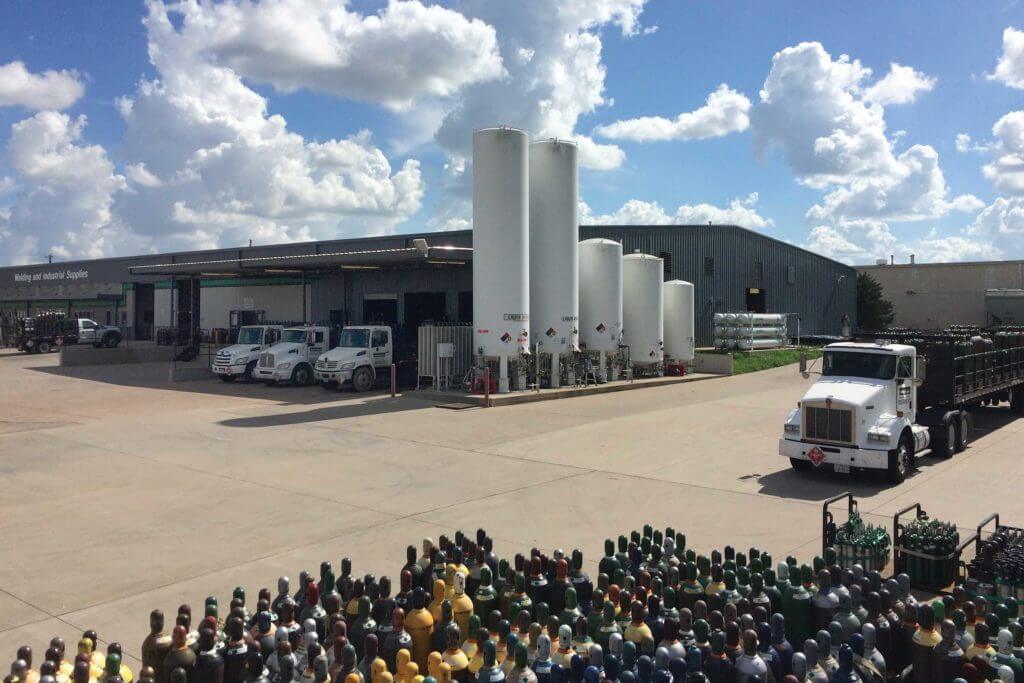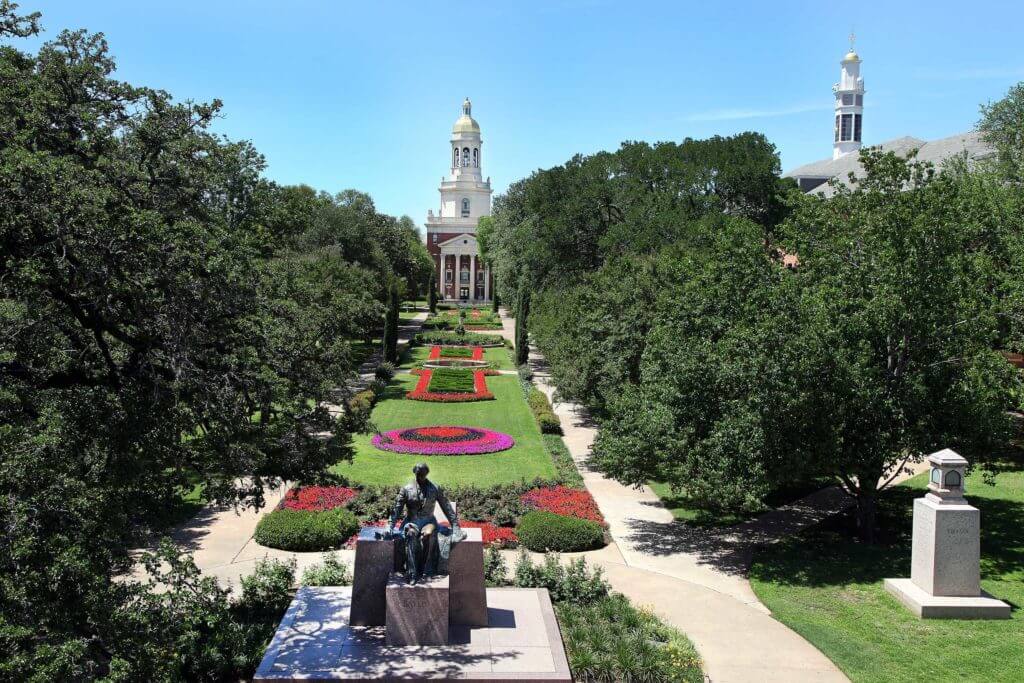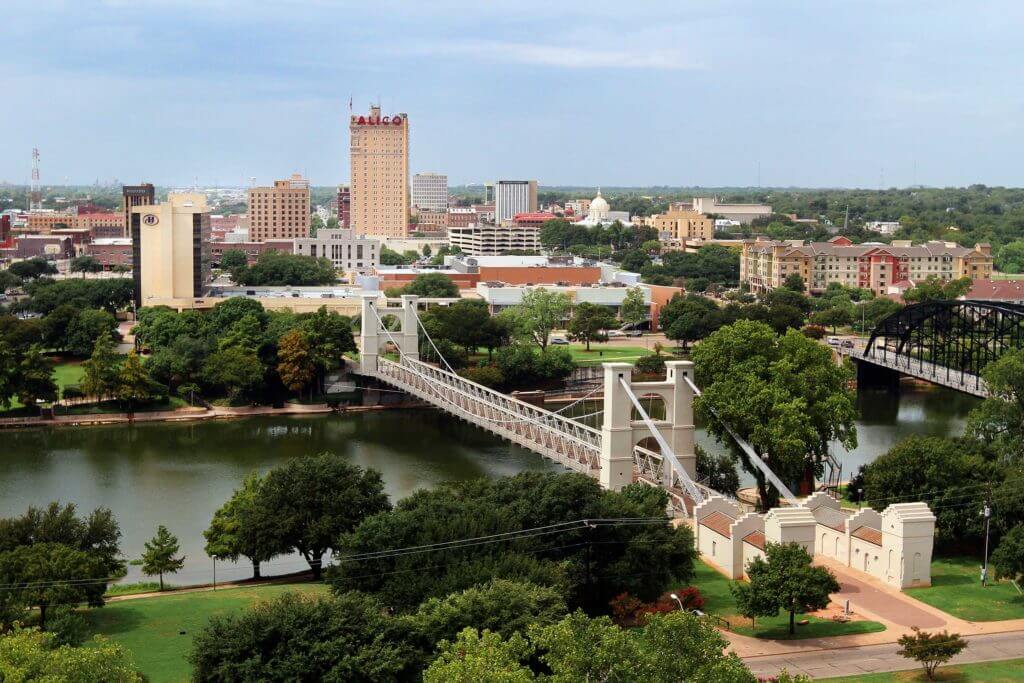Waco economic development is especially focused on five high-impact sectors:
Advanced Manufacturing
Advanced manufacturing in Waco is a cornerstone of the local economy, supported by workforce pipelines from institutions like Texas State Technical College (TSTC) and McLennan Community College (MCC). The city is home to operations in food processing, automotive components, heavy equipment, and high-precision fabrication. Major employers include Hello Bello, Cargill, Zinkpower, and Packless Industries.
Aerospace & Defense
Waco is home to a nationally recognized aerospace and defense sector, anchored by companies like L3Harris, Blackhawk Modifications, and RAM Aircraft. The region’s workforce is strengthened by Fort Cavazos (formerly Fort Hood), just 45 minutes away, which transitions 700–800 service members to civilian life monthly. TSTC’s aviation maintenance and flight training programs directly support industry talent needs.
Healthcare
The healthcare industry in Waco has seen more than $330 million in expansion since 2005 and now represents 18% of the local economy. The sector benefits from a strong education-to-employment pipeline through Greater Waco Advanced Health Care Academy and partnerships with local institutions. Waco is also within 200 miles of most of Texas’ major medical centers, making it a strategic location for companies that provide medical services and medical equipment.
Professional & Financial Services
Waco supports a growing ecosystem of corporate and financial service providers, including back-office operations and customer service hubs. The city’s lower cost structure, available commercial properties, and talent coming from five local colleges and universities help position Waco as a competitive location for scalable service operations. Occupations requiring higher degrees with strong projected growth in the region include financial managers, lawyers, accountants, and auditors, reflecting both the city’s professional workforce pipeline and the expanding needs of local employers.
Supply Chain Management
Waco’s central location within the Texas Triangle, combined with robust transportation infrastructure—including 3 Class I rail lines, 3 regional/local airports, and access to 8 seaports within 280 miles—makes it a strategic logistics hub. Companies like Amazon, Domtar, and Central Freight Lines have long recognized the benefits of locating in Waco.
Strategic Location & Infrastructure
Waco is within 200 miles of 80% of Texas’ population and just 90 minutes from both Dallas and Austin, positioning it as a logistics and distribution powerhouse.
Infrastructure in Waco includes:
- 4 major highways (I-35, US 77, US 84, State Route 6)
- 4 international airports and 3 regional airports within a 3-hour radius
- 3 local airports including Waco Regional and TSTC Industrial Airport
- 3 Class I rail systems: BNSF, Union Pacific, and Amtrak service
- Access to 8 Gulf Coast seaports
This network supports both domestic and international business operations and gives companies the mobility to grow with ease.
Workforce & Talent Pipeline
Greater Waco’s labor force exceeds 400,000, with a 1.5% annual population growth rate and 75,000 college students within a 60-minute radius.
Workforce development is led by:
- TSTC and MCC, offering industry-specific, customized training
- GWAMA and GWAHCA, high school programs preparing students for manufacturing and healthcare careers
- Veteran transition programs through Fort Hood, which sees 700–800 service members exiting monthly, many seeking employment in Central Texas
- Workforce Solutions for the Heart of Texas, which connects businesses to 7,000+ monthly job seekers.
Quality of Life & Community Strength
Waco’s appeal goes beyond business. As a top-ranked Texas travel destination, the city welcomes over 4 million tourists annually and has become known for its welcoming culture, outdoor amenities, and vibrant arts and retail scene.
Whether it’s the Magnolia Market, Baylor University, or the revitalized Brazos Promenade, Waco offers a unique mix of community and commerce that attracts both talent and investment. A strong school system, low commute times, and affordable housing round out a high quality of life that helps businesses retain workforce and families thrive.
Explore how Waco fits into the broader story of the Texas economy and discover why so many businesses are moving to Texas.







